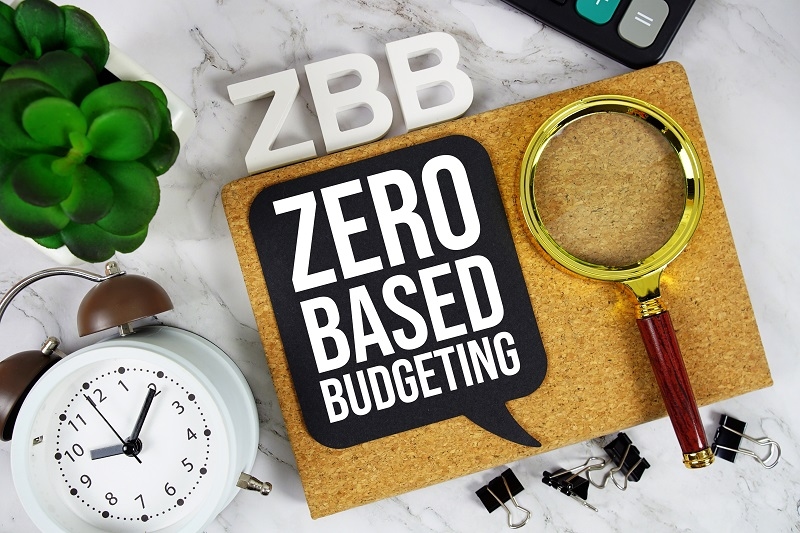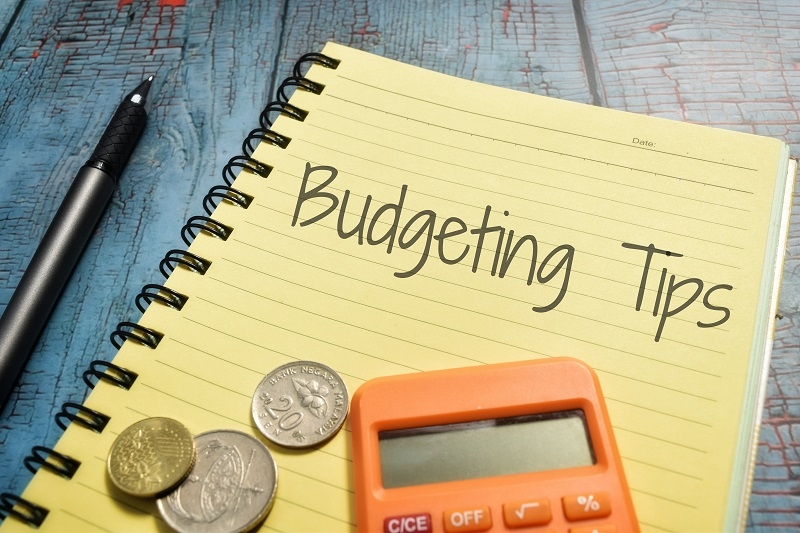
You know that feeling when payday hits and you're pumped—only to wonder where all your money went by the 15th? Yeah. You’re not alone. Whether you're trying to tackle debt, build savings, or just not live paycheck-to-paycheck, zero based budgeting could be the game-changer you've been missing.
But let’s not sugarcoat it—budgeting isn’t exactly thrilling. Spreadsheets? Ugh. Tracking every dollar? Annoying. But what if you flipped the script and gave every dollar a job before it even hits your account?
Welcome to the world of zero-based budgeting—where your money works for you, not the other way around.
Let’s break it down simply: zero based budgeting means your income minus your expenses equals zero. That doesn’t mean you’re broke—it means you’ve assigned every single dollar a job. Rent, groceries, savings, fun money, that random dental co-pay—everything is planned for.
So if you bring in $3,000 this month, your expenses, savings, and investments should total… yep, $3,000. Not $2,873. Not $3,084. Exactly $3,000.
Now before you panic—it’s not about restriction. It’s about intention. You decide where your money goes. That’s real power.
Most people do the old-school thing: they budget fixed costs like rent and bills, then wing the rest. That’s traditional budgeting. It’s vague. It often leads to overspending or under-saving.
Zero based budgeting, on the other hand, puts you in control. You’re not guessing—you’re telling your money what to do. It takes a bit more effort upfront, but the results? Worth it.
Seems obvious, but you’d be shocked how many people budget based on gross income (before taxes). Always work with your take-home pay. That’s what you actually have to work with.
If you’re salaried, this is easy. If your income varies (hello, freelancers), take a 3–6 month average. Play it safe. Budget based on your lowest expected income for stability. Everything else is gravy.
Yes, even the $4.99 Spotify subscription. Even the biweekly dog grooming. Even that one overpriced latte that’s secretly non-negotiable.
The more accurate you are, the fewer surprises you’ll have. Go back through your last two or three bank statements if needed. Pattern spotting is powerful.
That’s the entire spirit of the zero based budget. If you don’t assign that extra $73 sitting in your account, you’ll probably spend it on something random.
Not that random is always bad—but intentional is better. Assign it to savings. Or debt. Or yes, a guilt-free sushi night.
Here’s the deal—cutting all fun money is a fast track to budget burnout. Instead, just be honest about your priorities.
Groceries? Need. Netflix? Want. Gym membership? Depends (be real with yourself).
This doesn’t mean cutting all wants. It means acknowledging them and budgeting for them intentionally.
Most budgets die because people set them once and walk away. Big mistake.
Set a weekly “money date” with yourself. 15 minutes. Check your bank account. See what you’ve spent. Adjust categories if you overspent in one and underspent in another.
This weekly check-in keeps your zero based budgeting alive and breathing.
Do Checkout: Avalanche vs Debt Snowball Method: Best Repayment Option
You know that one bill that always surprises you? Or that spontaneous dinner invite?
Budget a small “miscellaneous” line item. Call it what you want—chaos fund, oops fund, whatever. But make room for life’s curveballs.
Because zero-based doesn’t mean rigid. It just means intentional.

Some people focus only on savings. Others throw everything at debt. But if you can, do both.
Even small amounts—$50 to savings, $50 to your credit card—matter. The habit is what builds the muscle.
Use your zero based budget to make sure these are line items, not afterthoughts.
Forget fancy budget apps if they confuse you. Start with categories that reflect your life. Maybe your “essentials” are rent, groceries, and gas. Maybe you need one for “kid stuff” or “dog mom things.”
The key? Keep it personal. This is your money. Not TikTok’s. Not your neighbour’s.
Seriously—budgeting isn’t about being perfect. You’ll mess up some months. Overspend in others. Miss a savings goal or forget to plan for a birthday gift. It’s normal.
But if you're reviewing regularly and improving bit by bit, you're winning.
Zero-based budgeting isn’t a one-time fix. It’s a lifestyle shift. But one that rewards you every single month you stick with it.
A lot of people hear “budget base zero” and think restriction. But when done right, it’s actually freeing. It gives you the confidence that everything—from your rent to your Sunday brunch—is covered. No guilt, no guessing, no surprises.
And unlike the traditional budgeting vs zero based budgeting debate, the latter actually gives you peace of mind and full financial visibility.
You’ll know where your money’s going. You’ll feel in control. And you’ll finally stop wondering where it all disappeared by the 15th.
Even the best budgets need a refresh. Life changes—new job, rent hike, surprise medical bill—and your budget should evolve with it. If you start dreading your money routine or notice categories constantly blowing up, that’s your sign to tweak things. Zero-based budgeting isn’t meant to be static—it’s a living, breathing reflection of your priorities. Don’t be afraid to adjust, experiment, or even start from scratch. The goal isn’t to follow the “rules”—it’s to make your money work better for you. Every month is a new opportunity.
Read More: Top 2025 Budgeting Strategies to Save & Plan Smart
Short answer? Almost.
If you hate uncertainty. If you’ve ever overdrafted accidentally. If you want to start saving or paying off debt without skipping your morning coffee—zero-based budgeting just makes sense.
It takes effort, sure. But it gives clarity. And in a world full of financial chaos, that’s priceless.
So go ahead—grab a pen, open a spreadsheet, download an app—whatever works for you.
Just give every dollar a job. That’s where the magic begins.
This content was created by AI